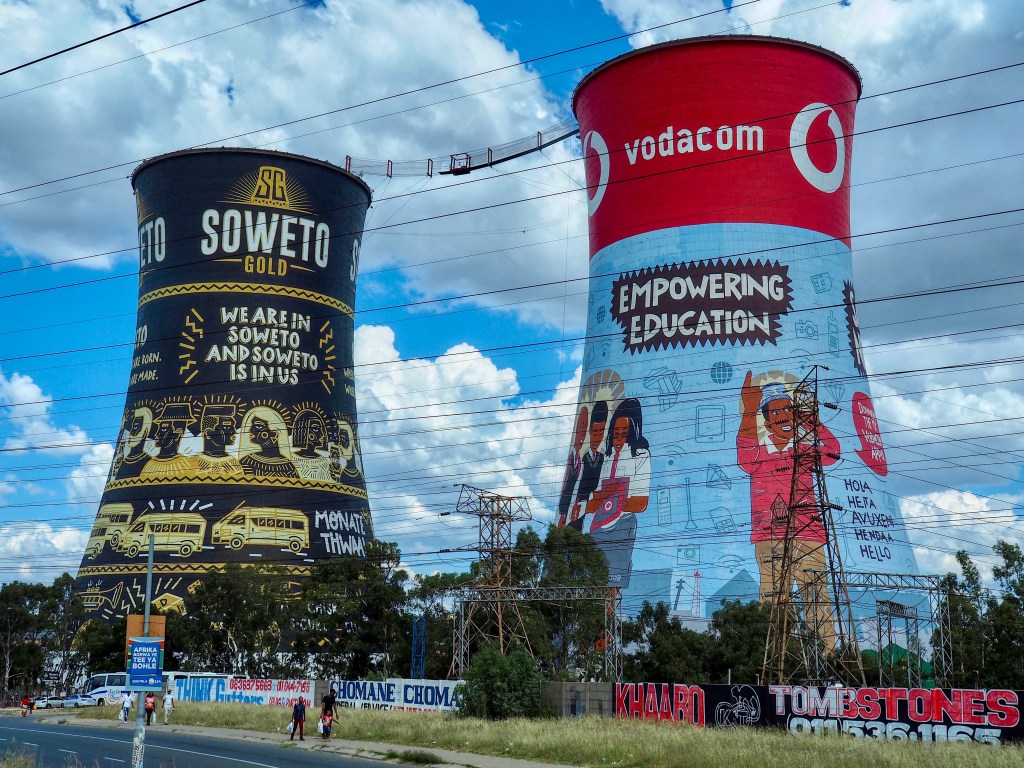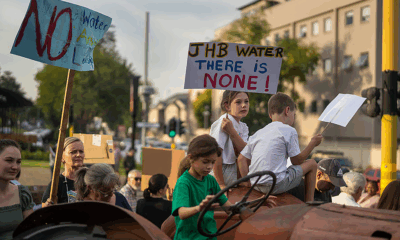News
Why Johannesburg’s Failing Infrastructure Is Pushing Millionaires to Cape Town and Beyond

Johannesburg is South Africa’s economic heartbeat, but its pulse is weakening. Power cuts that last for days, burst pipes that leave whole suburbs without water, and potholes deep enough to swallow a car are no longer occasional headaches but everyday realities. And now, the city’s wealthiest residents are quietly packing their bags.
According to the 2025 Africa Wealth Report by Henley & Partners, Johannesburg has seen a 35% drop in high-net-worth individuals over the past year. Pretoria fared slightly better but still lost 15% of its millionaire population. In stark contrast, Cape Town saw an impressive 33% increase, the Cape Winelands boomed with 42% growth, and even the laid-back Garden Route attracted a 30% rise in wealthy homeowners.
A City Losing Its Shine
The City of Johannesburg’s draft medium-term budget for 2025/26 doesn’t inspire confidence. It allocates only a 13% increase for City Power and Johannesburg Water, while the Johannesburg Roads Agency gets a meagre 2%. For a city buckling under service failures, those numbers suggest patchwork solutions rather than bold, structural fixes.
Berry Everitt, CEO of Chas Everitt International property group, says the message from residents is clear: quality of life is collapsing. “Transport, electricity, and water systems are deteriorating, municipal management is weak, and crime remains a concern,” he noted. For families who can afford to move, Cape Town or the Garden Route offer a safer, cleaner alternative.
Cape Town’s Property Boom
While Sandton’s once-coveted penthouses stagnate, Cape Town’s property market is surging. Developers are racing to build luxury apartments and estates, snapping up buyers from Joburg and beyond. The Mother City offers not just stunning views but consistent infrastructure, a rare luxury in South Africa right now.
“Cape Town enjoys a development boom that is bringing hundreds of new, upmarket housing options to the market,” said Everitt. Meanwhile, Joburg’s new developments are largely restricted to office-to-apartment conversions, a far cry from the ambitious housing estates sprouting in the Western Cape.
Why Some Still Stay
And yet, Johannesburg still has its defenders. The city boasts one of the best climates in the world, more affordable luxury homes compared to Cape Town, and remains the base for most of South Africa’s blue-chip companies. For entrepreneurs and investors looking at Africa’s fast-growing markets, Joburg is still the launchpad.
That’s why some argue Johannesburg isn’t finished just yet. If the city can follow through on long-promised renewal projects, it could hold onto its crown as Africa’s wealthiest city. But time is running out.
A Tale of Two Cities
The contrast is striking: Cape Town is gaining millionaires while Johannesburg is bleeding them. It’s a story not just about where people live, but about what they value, reliable services, safety, and a sense of stability. For Joburg, the challenge now is whether it can rebuild trust with its residents before more of them trade Gauteng’s skyline for Cape Town’s ocean view.
{Source: MSN}
Follow Joburg ETC on Facebook, Twitter , TikTok and Instagram
For more News in Johannesburg, visit joburgetc.com


























